Is Meat Really that Bad?
Published 2 December 2021
With nearly 3 million views and uploaded only one day ago, this video about the impact of meat on climate change and the environment is certainly making the rounds!
“Food is arguably the best thing about being alive. No other bodily pleasure is enjoyed multiple times every day and never gets old. It is an expression of culture, our parents’ love and a means of celebration or comfort. That’s why it hits a special nerve when we are told we should change what and how we eat to fight rapid climate change.”
– from ‘Is Meat Really that Bad?‘
Created by the team behind popular YouTube channel ‘Kurzgesagt – In a Nutshell’ the cleverly crafted animation, Is Meat Really that Bad?, simply lays out the facts and allows the viewers to decide for themselves what the better choices are for the future of our planet.
It is by no means a vegan or an animal rights video. It merely explains the science behind food emissions and food’s environmental impacts in a logical manner, and it does so by answering these three questions:
1 Does our diet REALLY play that big a role in climate change?
Emissions from different foods can vary quite a bit. The team referenced the study by researchers Joseph Poore and Thomas Nemecek to create the comparison of food emissions visual below.

2 Does buying local food actually matter?
Transport and packaging combined account for only about 11% of all food emissions. When it comes to beef, transport and packaging are only 0.5 to 2% of its total emissions.
It seems buying local won’t make a huge impact in emissions reduction, and for the case of beef the largest source of its emissions is the methane released by the animals, which can cause warming of the atmosphere at 86 times more than CO2 over a 20-year period.
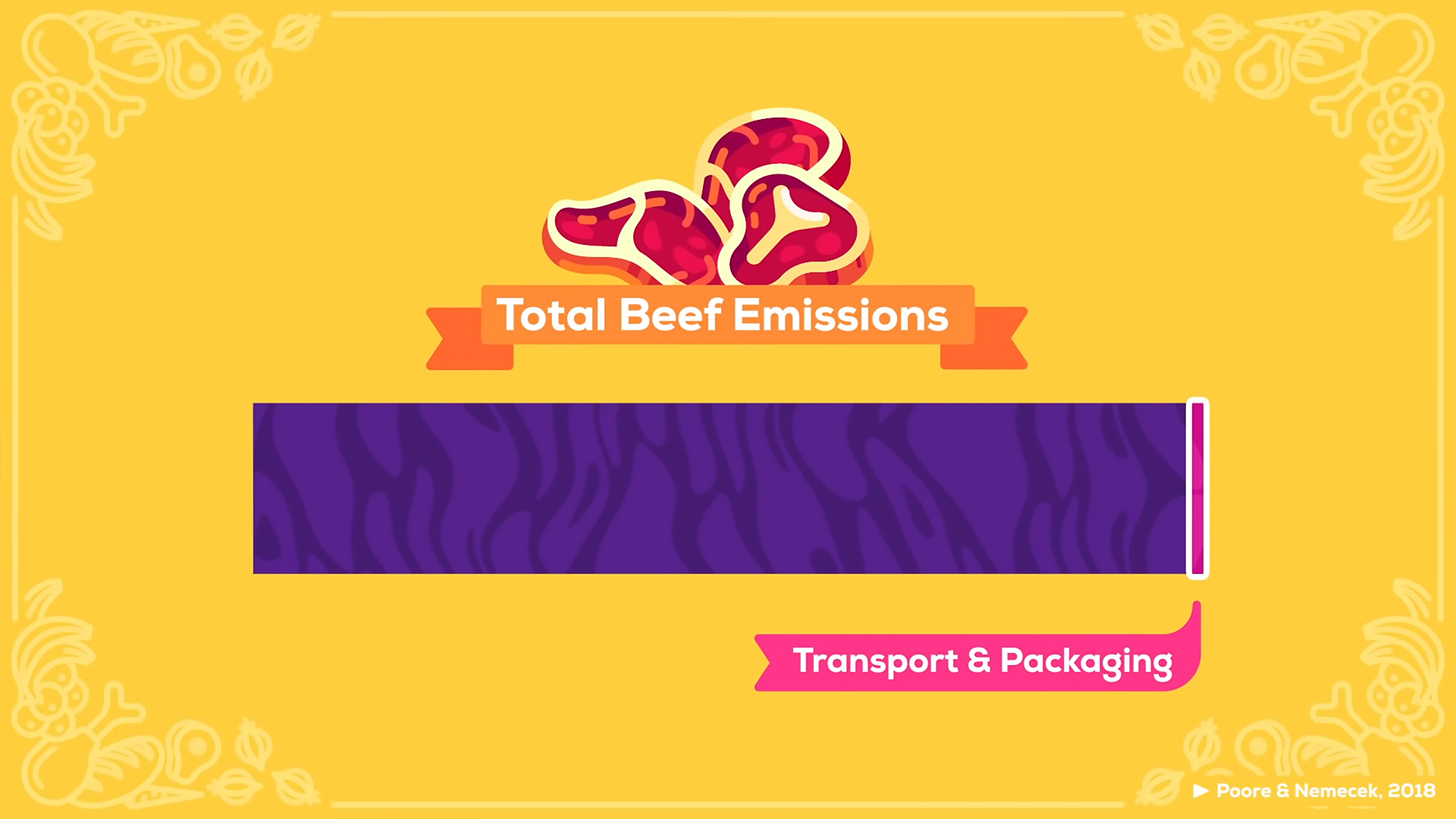
3 Don’t cows mainly use land that we can’t use for agriculture or other things?
Pastureland on its own cannot sustain all the ruminants used in livestock agriculture, that’s why feed crops are grown, which take up a lot of land and contribute to deforestation.
Less than half of the world’s cereals are used to feed humans. Looking at soy crops in particular, only 19% of global soy production goes towards products for humans. About 77% is used to feed animals.
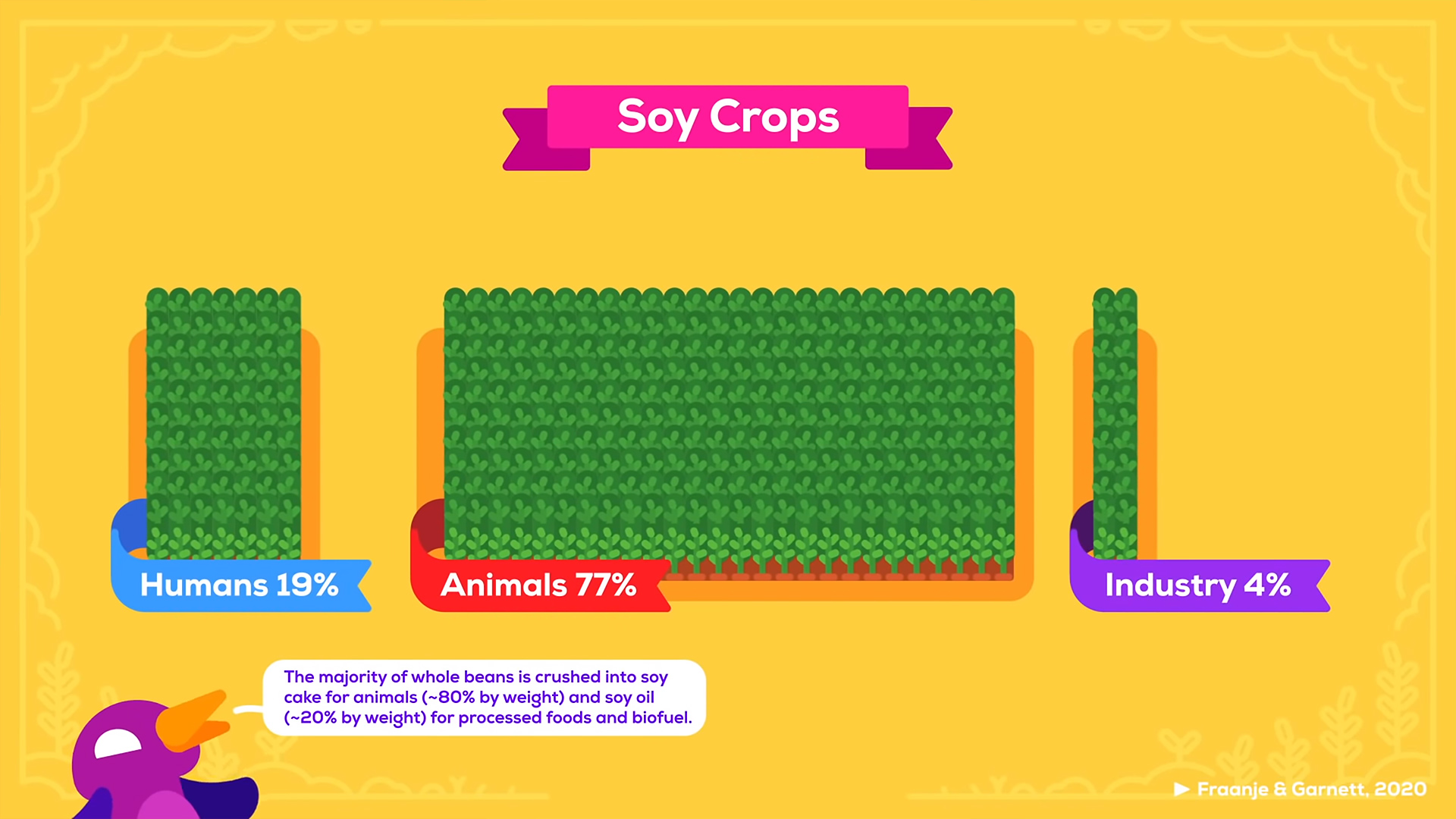
If all the world’s population adopted a vegan diet it would free up around 3 billion hectares of land that could be used to regrow forests and restore natural habitats and grasslands – which could remove about 800 billion tonnes of CO2 from the air over a 100-year period. To put this into perspective, we currently emit about 50 billion tonnes of CO2 equivalents per year.

The main take-aways from this great, shareable video is that food, particularly meat from animals, is a huge driver of greenhouse gas emissions and that eating vegan results in the lowest emissions.
Recent News
-
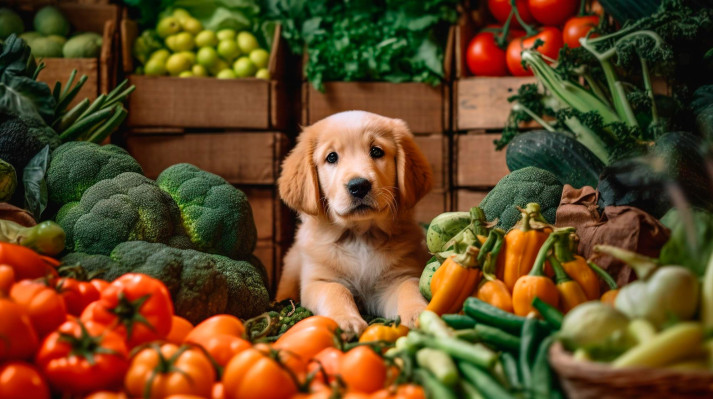
Dogs Thrive on Vegan Diets, Demonstrates the Most Comprehensive Study So Far
The longest, most comprehensive peer-reviewed study so far has demonstrated that dogs fed nutritionally-sound vegan diets maintain health outcomes as well as dogs fed meat.
-

Vegan YouTube Channels – Our Top Picks
Vegan Easy’s YouTube channel recommendations to help you on your vegan journey.
-

Pamela Anderson’s New Vegan Cookbook: A Culinary Journey of Love and Compassion
Pamela Anderson, the iconic Hollywood actress and passionate animal rights advocate, is set to captivate the culinary world with her upcoming vegan cookbook titled "I Love You: Recipes from the Heart."
-
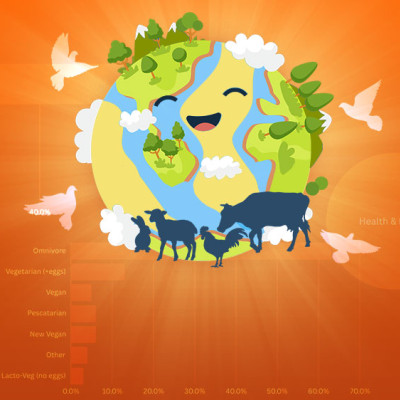
January 2024 Vegan Easy Challenge Recap
People from around the world began their 2024 with a peaceful start by taking the 30-day Vegan Easy Challenge.
-

Discover the Culinary Delights of Byron Bay’s Newest Plant-Based Cooking School
Learn the sublime art of plant-based cuisine at Katie White's new cooking school in Byron Bay
-

Beyond Romance: Encouraging Vegan Themes and Animal Protection in the Growing World of K-Dramas
The global popularity of K-dramas and growing interest in veganism present a unique opportunity to foster positive change
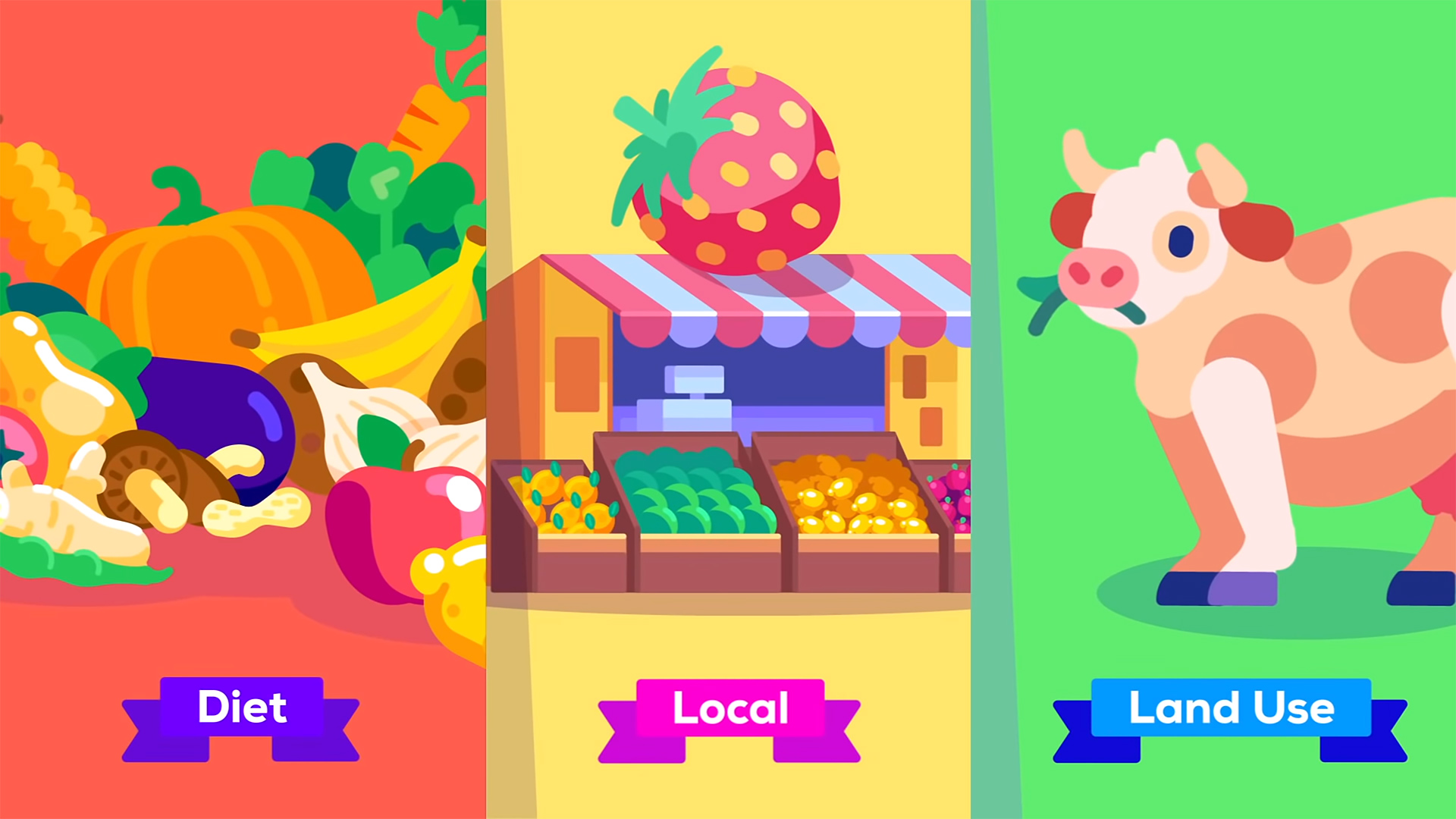
Leave a Comment